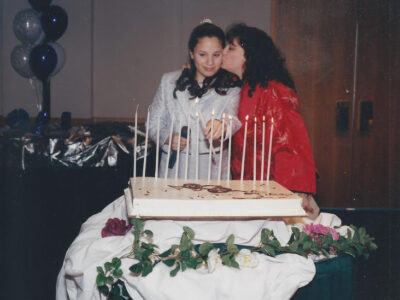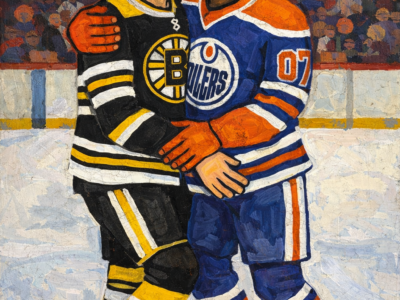From Bat Mitzvahs to Holiday Parties: The Role of Alcohol in Our Celebrations
A Rite of Passage: The Bar or Bat Mitzvah
Being bar or bat mitzvahed is a cornerstone of Jewish tradition. This rite of passage celebrates the transition into adulthood and is a moment many remember for a lifetime. In my synagogue, a unique tradition surrounded this milestone: the week of your bat mitzvah, you and your family had breakfast with the rabbi.
I anticipated this ritual with excitement. One distinctive part of the event was the celebratory shot of vodka offered to the b’nai mitzvah. At just 13 years old—the typical age for this ceremony—it felt monumental, like I was being trusted with something significant. To my young mind, it symbolized being inducted into an exclusive adult club.
After months of preparing and studying, it was my turn. Dressed in my finest, I attended the morning service and sat down for the special breakfast. Without hesitation, I drank my “welcome to adulthood” shot. It was awful. My face twisted in disgust, prompting laughter from the adults. I couldn’t understand their amusement. Was this the big secret of adulthood? The taste was repulsive, and I left feeling disappointed—and a little nauseous.
Alcohol: A Cultural Staple in Celebrations
Alcohol plays a significant role in celebrations, traditions, and social rituals. From weddings to holiday parties, it’s often the centerpiece of our gatherings. Research highlights this connection: holidays like New Year’s Eve and Christmas are linked to increased alcohol consumption (Poikolainen et al., 2002; Weir, 2003). Peer influence and social media use during events like Halloween are linked to higher drinking rates (Alhabash et al., 2021).
For many, drinking is tied to feelings of connection and belonging. It might be part of bonding with coworkers after a long shift, celebrating milestones in college, or toasting at family gatherings. Social media amplifies this dynamic, with photos, hashtags, and event invitations normalizing drinking. The fear of missing out (FOMO) can make alcohol seem essential to these experiences.
The Challenge of Drinking Culture
Living in a society where alcohol is ever-present can make it difficult to navigate. It’s hard to ignore its influence—on billboards, in commercials, on social media, and at nearly every celebration. For young people, drinking can even become a way to explore identity and feel part of a community (Borsari & Carey, 2001; Schulenberg & Maggs, 2002).
How can we respond? Avoiding every holiday party, wedding, or social media platform isn’t always realistic. Instead, we can ask ourselves meaningful questions about our drinking.
The Power of Introspection
Before drinking, consider these reflective questions:
- Why do I feel like drinking right now?
- What emotions am I experiencing?
- Am I seeking connection, confidence, or relaxation?
- Are there other ways to manage these feelings?
Taking time to pause and explore your mindset can be eye-opening. By creating space between the urge to drink and the action itself, you can gain insight into your needs and habits.
Rethinking Alcohol’s Role in Celebrations
Reflecting on why alcohol has become central to your celebrations can be a transformative exercise. Consider these points:
- Have you received negative feedback about your behavior after drinking?
- Do you struggle to enjoy events without alcohol?
- Does being around family or large groups feel overwhelming?
- Are you using alcohol as a way to cope with social discomfort?
Understanding your alcohol use can help make more intentional and thoughtful choices during celebrations.
Shifting the Focus: What Really Matters
Looking back on my bat mitzvah, I realize that vodka wasn’t what made the moment significant. Learning Hebrew, delivering my haftorah portion, and celebrating with loved ones were the true highlights.
Alcohol can often distract us from the real meaning of our milestones. By focusing on our accomplishments and the people who matter most, we can fully appreciate the depth of these moments. Sometimes, it’s about shifting our perspective to see what truly deserves our attention.
While alcohol is often woven into our traditions, it doesn’t need to define our experiences. By turning inward and exploring our relationship with it, we can find meaning and connection in more profound and lasting ways.




